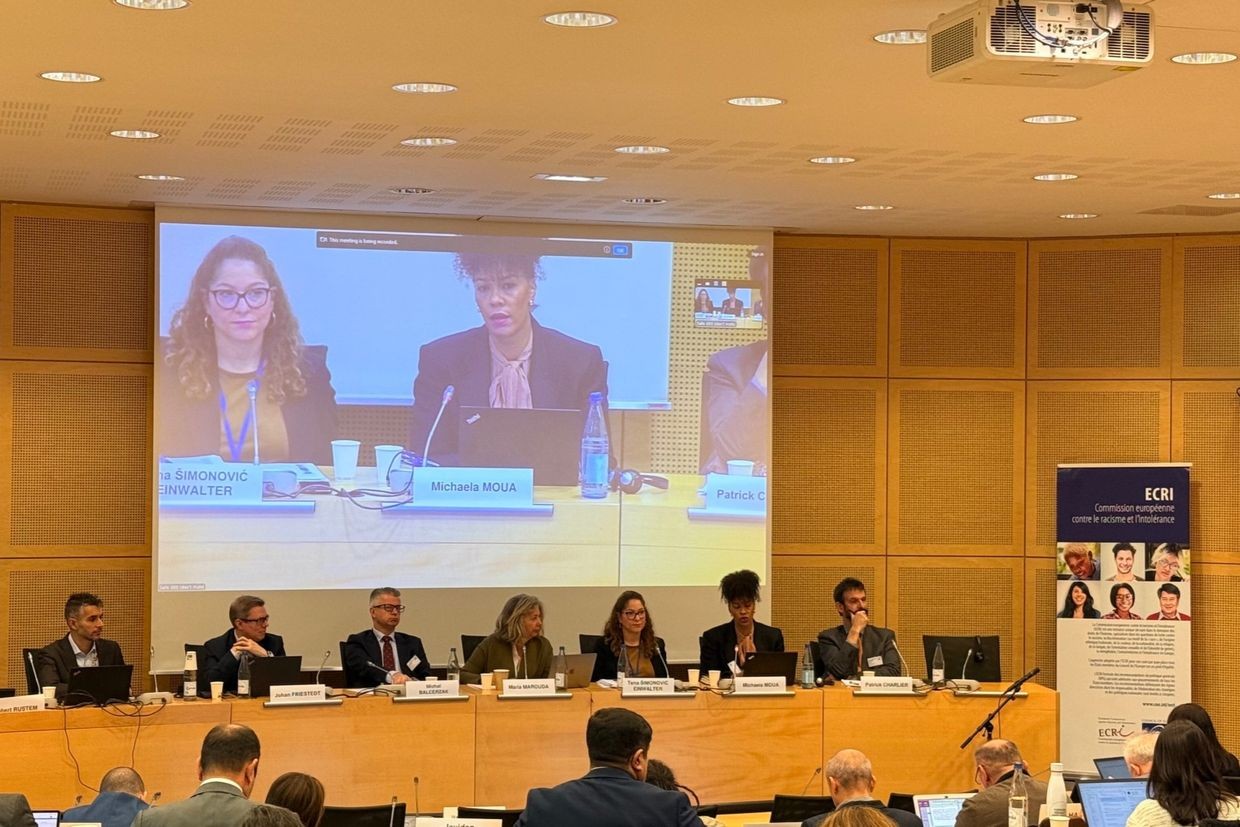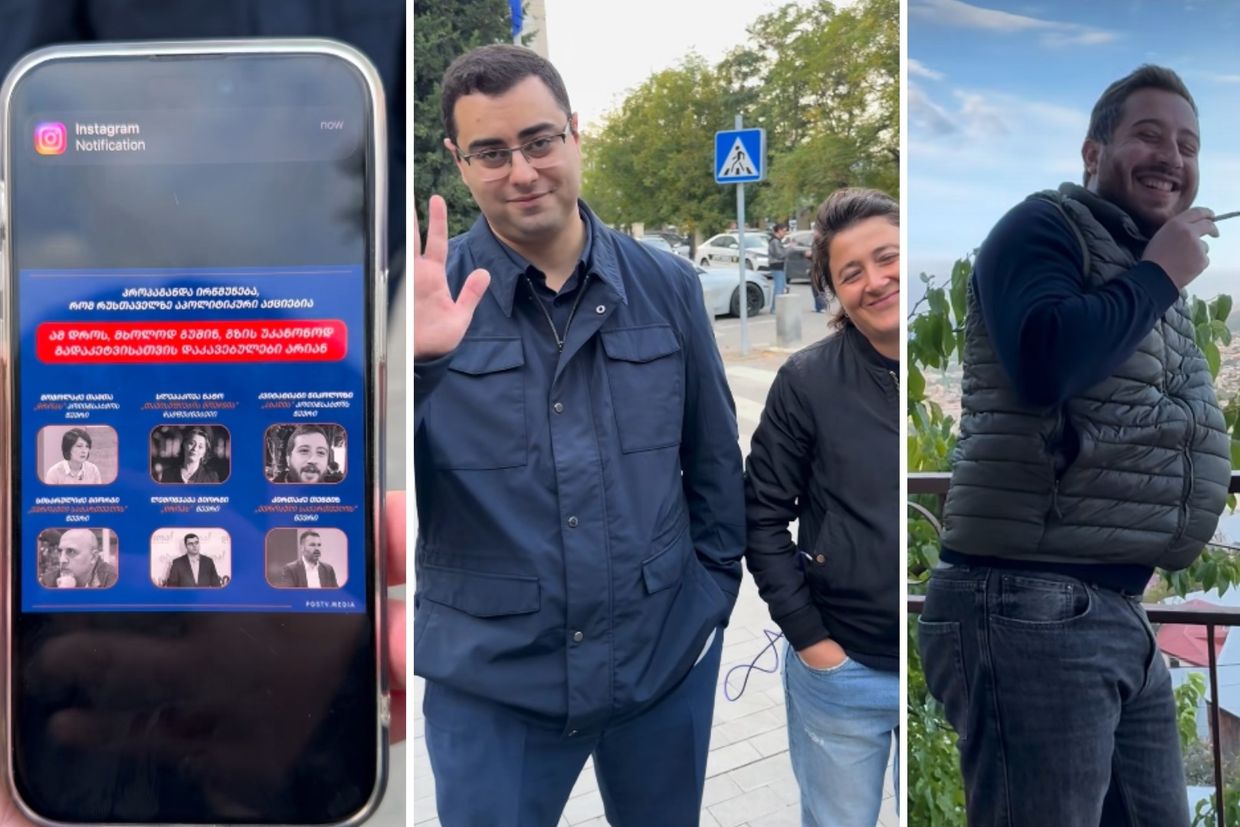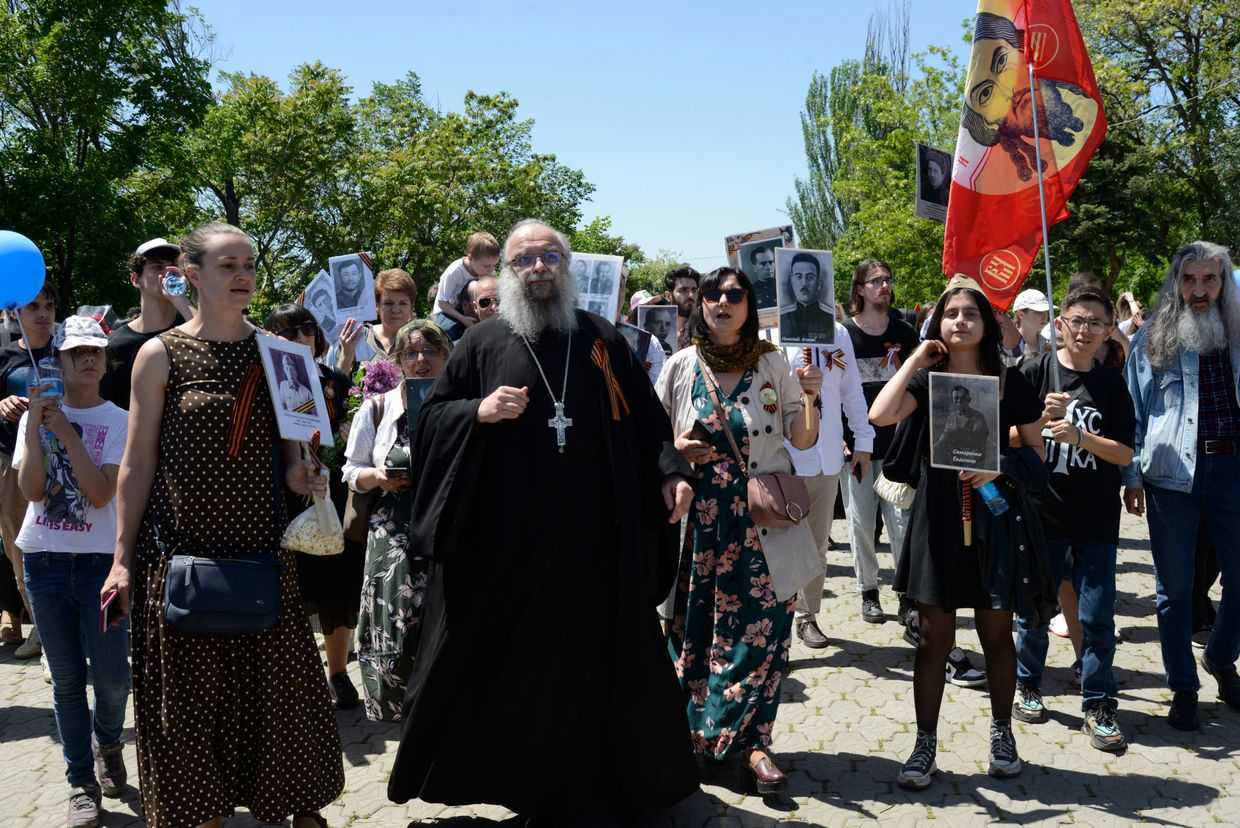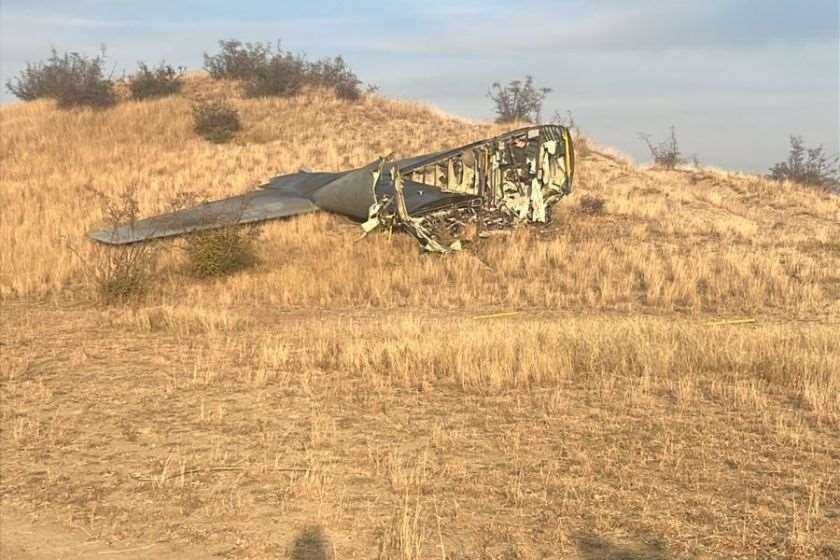
The Council of Europe has found that none of the South Caucasus three have made tangible progress on their recommendations — those include reforms to support Nagorno-Karabakh refugees in Armenia, the collation of queerphobic hate incidents in Azerbaijan, and the creation of an inter-agency committee bringing together civil society and the authorities in Georgia.
The reports were published by the European Commission Against Racism and Intolerance (ECRI), an independent expert body operating within the council. They examined the three countries’ implementation of recommendations handed in 2023.
For Azerbaijan, the ECRI recommended that the authorities bring the Commissioner of Human Rights’ Office fully in line with their standards. They recommended that Azerbaijan ensure a transparent appointment of the human rights commissioner, establish a separate entity within the agency to deal with non-discrimination cases, and to increase the agency’s capacity.
The ECRI noted positive steps taken in how a human rights commissioner is now elected via parliament, but stressed that the procedure is ‘not sufficiently transparent […] notably during the phase of nomination or pre-selection of candidates by the President of Azerbaijan’.
The commission noted that ‘no steps have been taken’ by Azerbaijan in fulfilling its second recommendation: the establishment of a data-collection system for cases of racist and queerphobic hate speech and hate crime.
The ECRI commended Georgia for implementing a recommendation to significantly increase the number of hours of teaching Georgian as a second language in minority schools.
However, it found that its second priority recommendation to form an inter-agency committee bringing together the Public Defender’s Office, international organisations, and relevant civil society organisations has not been implemented.
‘ECRI received no information about an inter-agency committee, or a similar mechanism having been set up, or about any plans to establish such a body’, they said. ‘ECRI regrets this, as the creation of such a forum would enable a structured and formalised dialogue between the authorities and civil society, in particular.’
For Armenia, the ECRI found that the authorities in Yerevan ‘partially implemented’ a priority recommendation to engage in awareness raising activities on diversity and tolerance.
They additionally noted that their recommendation for Armenia to ensure effective support for refugees, asylum seekers, and migrants, had not been implemented. However, the ECRI acknowledged the ‘challenges faced by the Armenian authorities’, and that it took positive note of their response to the Nagorno-Karabakh refugee crisis.

This article was translated into Georgian and republished by our partner On.ge.










